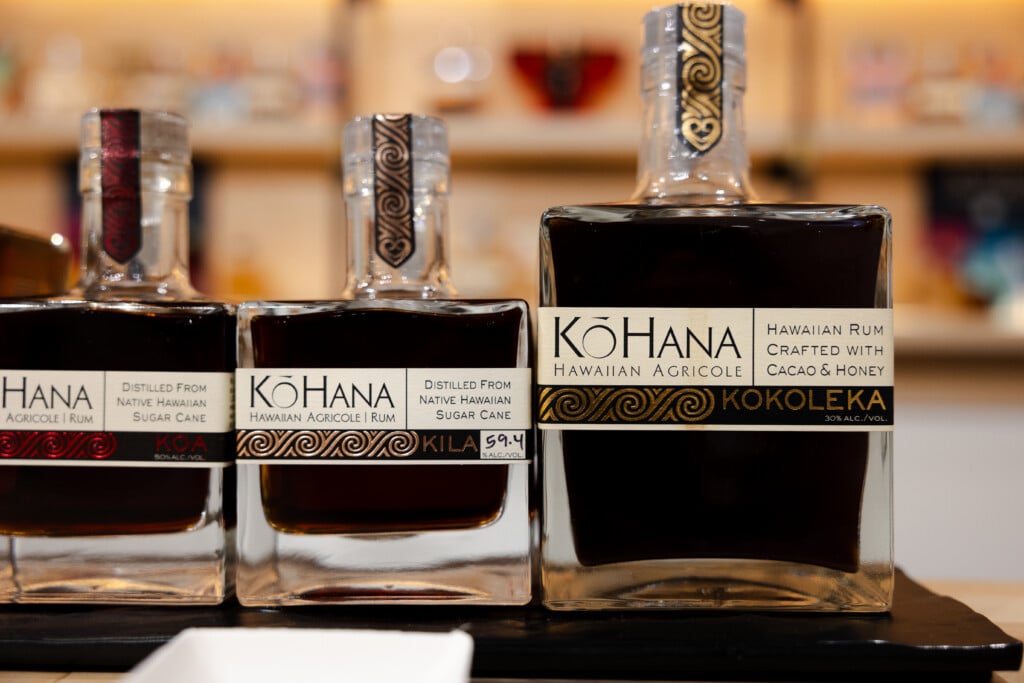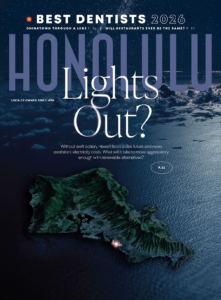A Record Year for Hawai‘i Libertarian Candidates
Third-largest party in the U.S. yet to win elective office in Hawai‘i.
UPDATED OCT. 17, 4:55 P.M.*
With 17 candidates in the Nov. 4 general election, the Libertarian Party may be making its biggest push for public office in Hawai‘i to date.
“I’m pretty sure that it is. There were 13 candidates in 1998, but I don’t remember any time that we had more than five or six since I joined the party,” says Tracy Ryan, Chair of the Libertarian Party of Hawai‘i.
The Libertarians are the third-largest party in the country but no one from the party has ever been elected to state office in Hawai‘i. It’s a liberal state where, Ryan says, alternative parties “have to work really hard to overcome the inertia” that causes the majority of local voters to vote for the Democratic candidate by default unless there’s a compelling reason not to.
While there are notably more Libertarians vying for office than in past elections, Ryan said it’s not because of a surge of new members. It’s more more likely that the new members who have joined are more committed, both in terms of hours and dollars spent, Ryan says. That doesn’t mean any of the candidates are poised to win, but Ryan says that the Libertarians aren’t going away.
Libertarian Anthony Higa, running for the 19th state House District, has dedicated the most resources in his campaign to oust state Sen. Bert Kobayashi from his Kahala/Kaimuki/Kapahulu seat. In ‘Ewa/‘Ewa Beach, controversial former City Council member Tom Berg, a newcomer to the Libertarians, is running for a seat with no incumbent, so name recognition could give him a boost.
The biggest push—and the most Libertarians—can be found on the Big Island, where the party’s positive stance on legalizing marijuana is popular with many residents. In fact, Libertarian candidate for governor Jeff Davis, who has his own radio show, has added a co-host: Roger Christie, the “minister” whose brazen use of marijuana as his religious sacrament landed him in a federal detention center for more than four years.
The pro-legalization platform puts Fred Fogel, running in a House district from Ke‘eau to Volcano, in a more promising position than most Libertarian candidates. Ryan notes the party dedicates most of its campaign efforts and financial resources to Hawai‘i Island.
A system of publicly funded elections not dependent on donations could potentially help the party by putting all the candidates on equal footing. Davis is currently trailing the other candidates in the four-way race for governor, but Ryan doesn’t think that would be the case if money and party weren’t so critical. “The point I’ve made in terms of Jeff Davis is that if we didn’t put in their political background and just focused on what they stood for and what they wanted to do, Jeff’s got a really good chance of winning the election,” Ryan says. “Something is wrong with our state when he’s polling at 2 percent.”
Across the nation, nearly 50 Libertarians are holding public office, and almost 100 more Libertarians are in offices with no party affiliation.
Political analyst John Hart, who heads Hawai‘i Pacific University’s Department of Communication, said third parties have the most success with an energized electorate, which doesn’t exist in Hawai‘i, a state is known in recent years for its very low voter turnout.
“Since Hawai‘i is basically a one-party state, Democratic, the most likely scenario is for a split in the party,” Hart explained via email.
He also pointed out that some alternative parties are born from single issues. “One possible scenario for Hawai‘i is based around those forces that are anti-GMO,” Hart suggests.
As for the chances of a win for Libertarian candidates, Hart notes that they’ve had more visibility than usual, particularly in the governor’s race where Davis has been invited to several public forums. “Whether that translates into significantly more votes in the election would be one bellwether as to the viability of third parties in Hawai‘i,” Hart says.
*Editor’s Note: An earlier version of the story incorrectly described the state House district descriptions.








